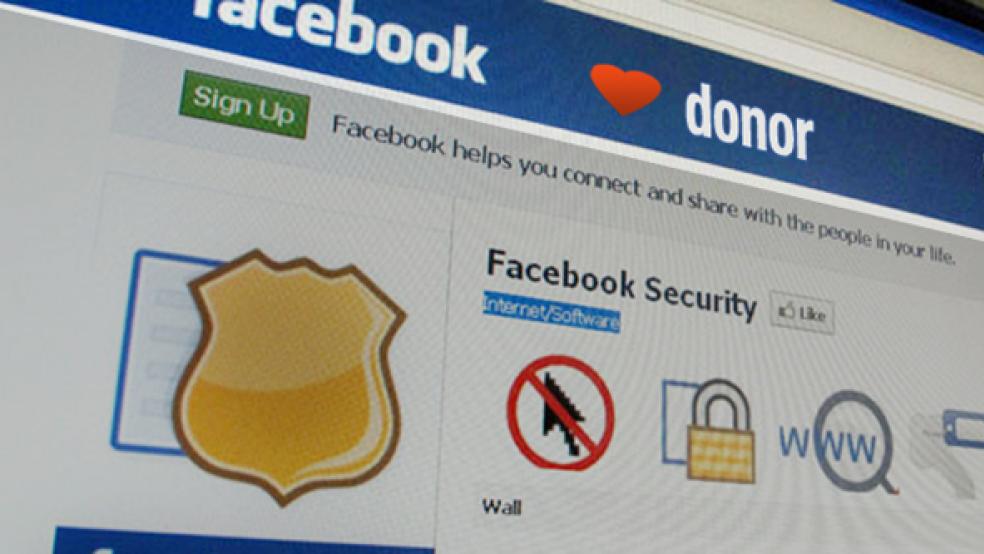People are willing to share a lot about themselves on social media, but they're still shy about sharing certain opinions if they feel like their views are in the minority, according to a Pew Research Center study published Tuesday.
The think tank's analysis suggests people may actually censor their political opinions online if they think the majority of their social audience will disagree with them.
Pew polled more than 1,800 Americans about their willingness to discuss the Edward Snowden leaks either in-person or on a social platform and found that overall, people weren't that comfortable sharing their opinion via a social site like Twitter or Facebook.
Related: 5 Ways Social Media Can Help You Land a Job
According to the study, only 42 percent of Facebook and Twitter users were comfortable posting about the issue on those platforms. However, 86 percent of Americans were willing to have an in-person discussion about the issue. And in both in-person and online settings people were more willing to discuss the issue if they thought their audience agreed with them.
Of the 14 percent of Americans who said they were not comfortable sharing their views in-person, almost none (0.03 percent) were willing to share their opinions on social media. This suggests that social media platforms may not be as useful as an alternative forum for people who express minority views.
"Overall, the findings indicate that in the Snowden case, social media did not provide new forums for those who might otherwise remain silent to express their opinions and debate issues," the report said.
Related: 4 Ways to Create a Foolproof Social Media Policy
While the study did not specifically address why people remain silent if they feel their opinions are in the minority, it did list a few possibilities including fear of isolation, fruitless arguments and the possibility that their posts would eventually be seen by someone with authority, like an employer.
The survey has a margin of error of plus or minus 2.6 percentage points.
This article originally appeared in CNBC.
Read more at CNBC:
Facebook cracks down on 'You'll Never Believe'-style click-bait
Facebook users slam 'ridiculous' Messenger app
These planes are causing a huge Hamptons headache




